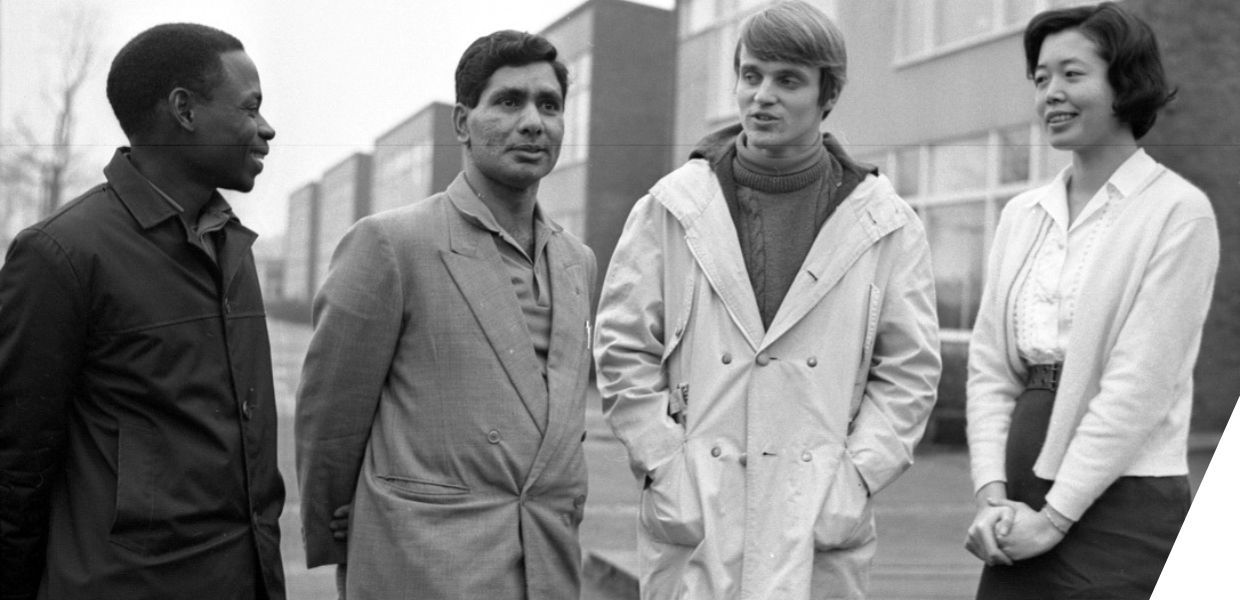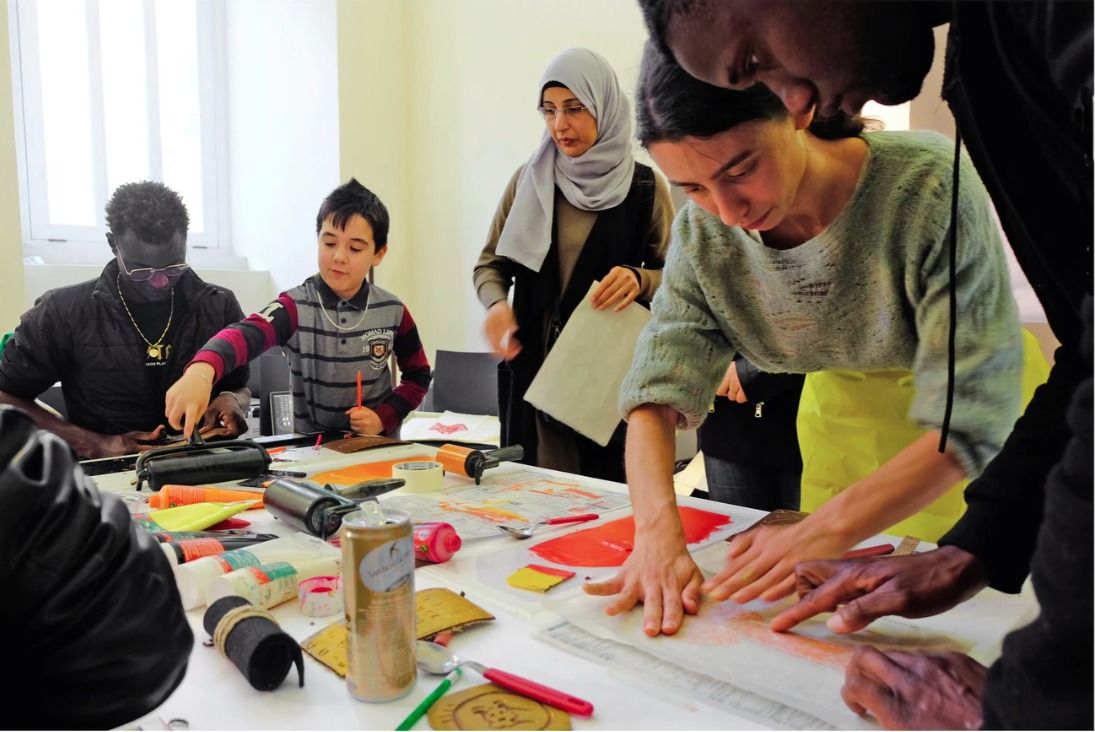The data space supporting DE-BIAS project aims to promote a more inclusive and respectful approach to the description of digital collections and the telling of stories and histories of minoritised communities. The project began in January 2023, and over the course of two years, will develop an online tool to automatically detect problematic terms in cultural heritage metadata and provide information about their problematic background. As the project starts to undertake this work, we consider it important to outline the project’s understanding of the words, concepts, and even of the mottos we use in our journey towards progress.
‘Nothing about us without us’
‘Nothing about us without us’ is a motto said to have originated in early European politics (dating as far back as the 16th Century) and was first invoked by the South African disability rights movement in the 1990s. It is used to communicate the idea that no policy should be decided by any representative without the full and direct participation of members of the group(s) affected by that policy. The words strongly state the pivotal role of participation; they acknowledge the importance of taking steps to meaningfully embed community representation and push us to reflect on the idea that services and policies should involve members of groups and communities affected by that policy.
In the cultural sector, community engagement - something we see as central to the DE-BIAS project - is generally understood as a community-centred orientation based on dialogue. It aims to enable community members to better understand topics and contexts and therefore facilitate stronger relationships and participation among the cultural sector and minoritised communities.
But what about the link between these ideas and that of audience development, another central concept for European cultural policies? To the European Commission, audience development is defined as a strategic, dynamic, and interactive process of making culture widely accessible. It aims at engaging individuals and communities in experiencing, enjoying, participating in and valuing the arts through various means available today for cultural operators.
The definition is quite broad and aligns with that of community engagement: it refers to access, participation, and representation, the lack of which are the main barriers preventing people from taking part in cultural life. However, the term ‘audience’ could imply a passive attitude, and the term ‘development’ recalls the idea of cultural organisations as developers of visitors or spectators, with a paternalistic and top-down approach, constructing a hierarchy that we would like to see dismantled soon.



